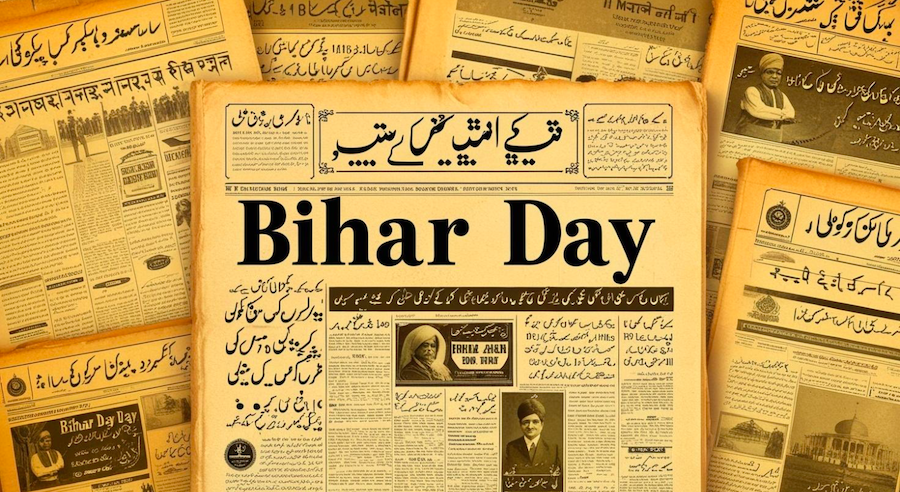BeyondHeadlines News Desk
Speaking at a press conference organized to discuss important social legislations that are being held up by the paralysis of Parliament, especially the National Food Security Bill (NFSB) and the Grievance Redressal Bill, advocates and critics of these bills expressed a shared concern about the Parliament’s failure to initiate reasoned debates on these critical matters.
Amartya Sen came down strongly on the irresponsible behaviour of the Opposition parties. If the Opposition had objections to certain practices and policies of the government, he said, the responsible response would be to debate these issues in parliament rather than disrupt and kill all debate. “Killing debate” raised the suspicion that the opposition’s arguments were weak.
MR Madhavan from Parliamentary Research Services presented some alarming statistics on the steady decline of parliamentary norms. While in the 1950s and 1960s, the norm was 140-150 working days per year, this has crashed to 50-60 days in recent years. He pointed that even a small number of MPs can disrupt Parliament and hold it to ransom. Informed debate is also a casualty of this situation: Bills are passed without any discussion since there is no space or time for debate.
Nikhil Dey (National Campaign for People’s Right to Information) stressed that the Grievance Redressal Bill was important for a successful implementation of all social programmes, and that all political parties support it. He said that people “cannot wait” any longer for this Bill, which is closely linked to their survival.
Speaking on behalf of the Right to Food Campaign, Kavita Srivastava began by saying that “if there is any Bill that really needs to be passed, it is the National Food Security Bill which would affect the lives of millions”. However she also stressed that the campaign has some serious objections to the current version of the Bill, such as the absence of a time frame for implementation and the provision for cash transfers in lieu of food entitlements. She felt that the amendments that have been moved by the CPI-M, CPI, JD-U and the TMC – all parties other than BJP (no amendments have been moved by the BJP) – will strengthen the Bill and must be discussed in Parliament. In particular, she said, the main opposition party must allow these to be discussed.
Responding to Srivastava’s criticisms of the Food Bill, Sen agreed that the current version of the Food Bill was a “moderate” bill, yet he argued that it would lead to a substantial enhancement of the entitlements of the poor through the PDS. Whether the Bill goes far enough, he said, is another question, but the case for passing it without delay in the best possible form, he felt, was very strong.
Asked about his views on the Ordinance route for the NFSB, Sen said that he would be very sad if it went the ordinance way. Ordinances, he said, are brought because Parliament did not function and that the correct question then would be, why did the government have to go the Ordinance way? Who is responsible for Parliament not functioning?
In his concluding comments, Jean Drèze reiterated that aside from the food bill and grievance redressal bill, other important social legislations were also being held up by a political paralysis for which all political parties bear some responsibility. The stalemate must be resolved whatever it takes – even an extension of the Budget session of Parliament if need be.










